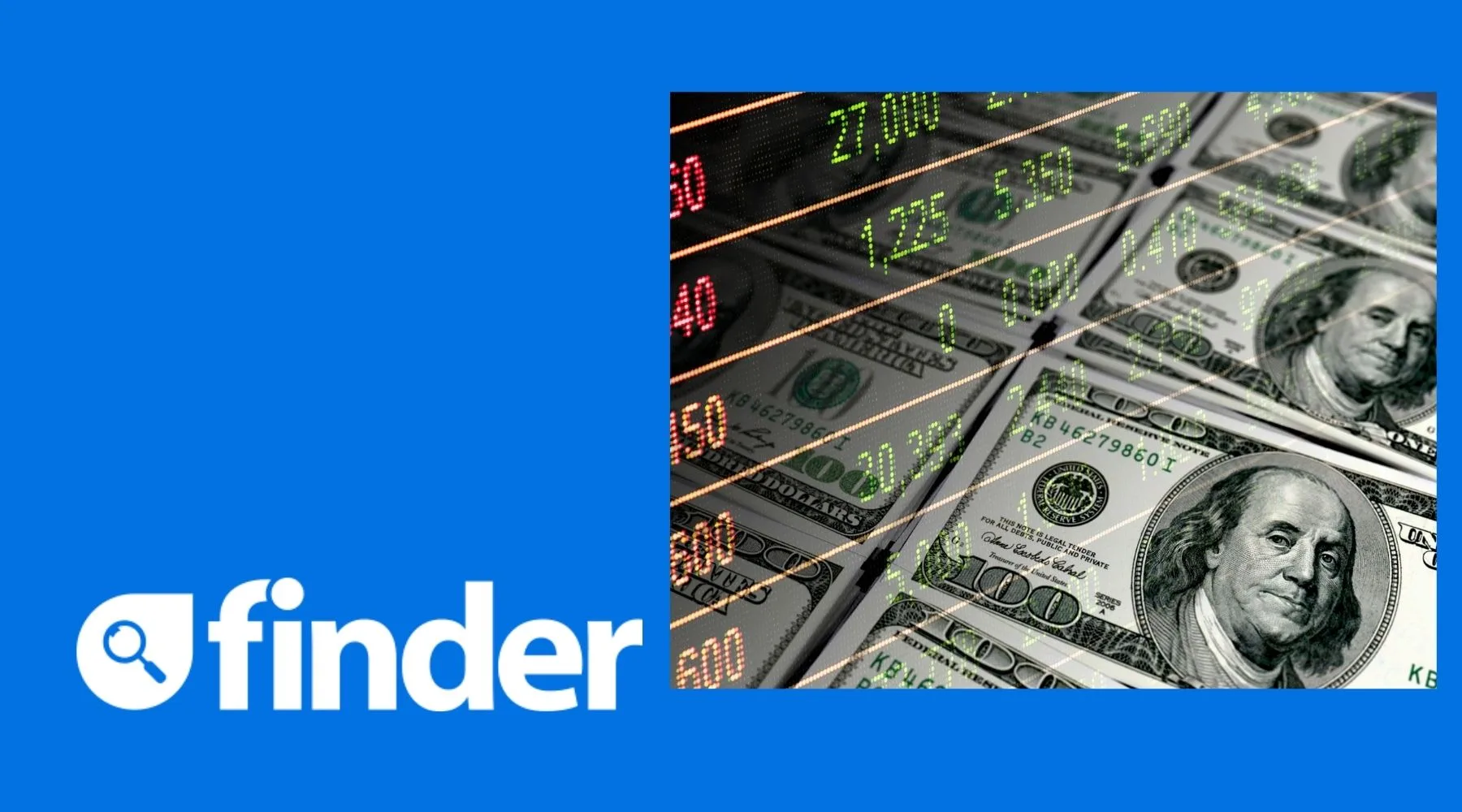SVB collapses: What does it mean for your portfolio?

The 16th largest US bank has collapsed, but its impact on your portfolio could be limited depending on what you own.
Silicon Valley Bank or the go-to for US tech startups suddenly collapsed in a 48-hour period last week, with US$200 billion in bank deposits now stranded.
By Monday, regulators closed the California-based bank, marking the biggest failure of a US bank since the global financial crisis back in 2008.
And while the bank is quite large and its customers are scrambling to get their money bank, the impact on investors could be fairly limited if you do not hold a large number of US tech names.
For Australian investors, assistant treasurer Stephen Jones predicts a fairly mild fallout.
"Our initial advice is that the first round impact on Australians and Australian businesses is very limited – I wouldn't say negligible, but very, very limited," Jones said at a financial services event.
Why did the bank collapse?
In a nutshell SVB's troubles were based on a few investments that it made which backfired and a classic bank run happened.
The company loaned money out to venture capital which went sour.
On Wednesday, SVB came out saying it was going to have to sell a bunch of bonds.
But the bonds SVB sold were worth less than they were paying. This is because it had long-duration assets, which in a rising interest rate world is worth less.
Its US$21 billion bond portfolio was yielding 1.79% according to reports, but current 10-year yields are up around 3.9%.
Like in most of these situations, this led to depositors getting scared, looking to pull their funds and the bank suddenly collapsed.
By Friday, the bank had collapsed.
Shares in the bank fell by 66%, and the Department of Financial Protect and Innovation closed the bank. The Federal Deposit Insurance Corporation (FDIC) stepped in as receiver.
US regulators bail out customers
As the fears of a contagion were spreading the FDIC has come in saying it will pay $250,000 to each depositor no later than Monday, as it sets up a receivership to liquidate the bank's assets.
The FDIC says it is planning to advance more money to depositors later in the week.
As it currently stands, the FDIC retains all the assets from SVB with those with a loan expected to make payments as per usual.
Which ASX investments are impacted?
Even though our assistant treasurer has come out saying that there's a minimal impact on Australian businesses and the economy at large, some businesses have come out saying they will be impacted by the banks collapsing.
These are all businesses that are in the tech sector. Those impacted include:
- Life360 – Exposed to US$5.6 million, but expects no significant disruptions to its operations
- Nitro Software – Exposed at US$12.18 million, with further undisclosed global cash reserves outside the bank.
- Redbubble – Exposed to US$1.13 million, but has a further US$97 million outside the bank.
- Sezzle – The buy now pay later company has US$1.2 million with SVB. But has US$68 million with other financial institutions.
- SiteMinder – The business transferred some of its money out on Friday, but told the market it still holds up to $10 million in SVB.
- Xero – The accounting services provider has up to US$5 million in the bank.
- Whispir – Whispir has a small exposure to SVB with US$173,679 currently tied up with the bank.
This is just a preliminary list based on company announcements, with more news expected to come.
What about US investors?
For those who are buying US shares or exchange traded funds (ETFs), your exposure is a little larger.
Although it is important to highlight that this is the 16th largest bank, while some of the large FAANG stocks had exposure, they also have funds with other banks.
Most notably Roku, which has 26% of its funds tied up in SVB will be impacted. In addition, well-known stocks including Etsy, NVIDIA and Block are believed to have some exposure.
Looking for a low-cost online broker to invest in the stock market? Compare share trading platforms to start investing in stocks and ETFs.
Image: Getty Images
Ask a question
